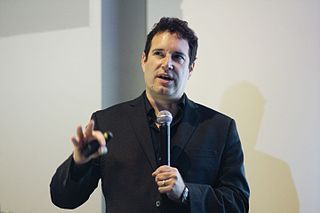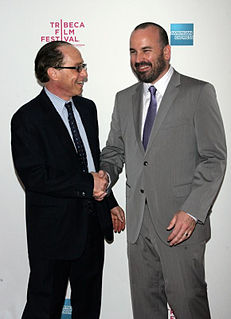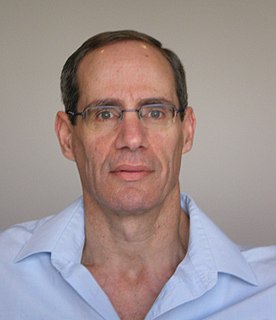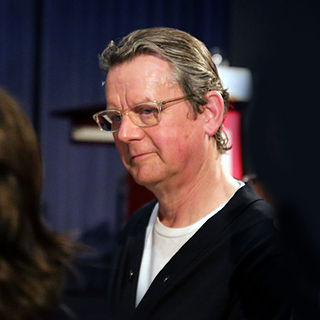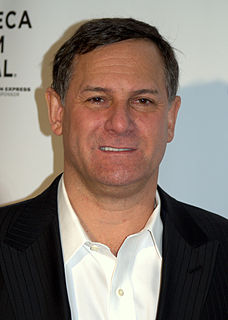A Quote by Jonathan Meades
As primitive as digital can be, there is nothing automatic in the methods I use, it's all basically done by hand. I know nothing about computers. I don't like computers. I use them for writing because I have to. I have never had a conversation about computers in my life.
Related Quotes
One paradox I have found is that, the more you use computers in picture-making, the more hand-made the picture becomes. Oddly, then, digital technology is leading, in my work at least, toward a greater reliance on handmaking because the assembly and montage of the various parts of the picture is done very carefully by hand.
At the age of 5, when I was in kindergarten, I often used to pass by the computer labs and see students doing work on computers. I realized that calculation, which would take us a long time to do, can be done in less than a second with the help of computers. So that is how my interest in computers began.
Everything is being run by computers. Everything is reliant on these computers working. We have become very reliant on Internet, on basic things like electricity, obviously, on computers working. And this really is something which creates completely new problems for us. We must have some way of continuing to work even if computers fail.


